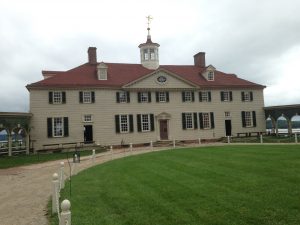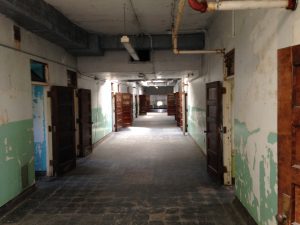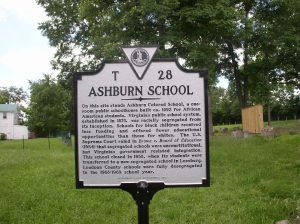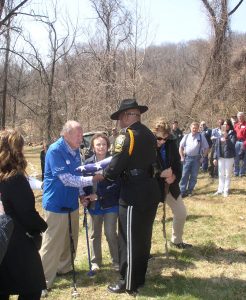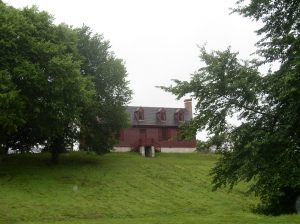
Many Americans are aware that George Washington lived at Mount Vernon, near Alexandria, Va., a historic site where they can walk in the footsteps of our nation’s foremost founding father, Revolutionary War hero and first president.
What’s less well-known is that Washington grew up 40 miles south of there, at what is now called Ferry Farm, near Fredericksburg, and the site — the setting for such mythical events as chopping down his father’s cherry tree and throwing a coin across a river — can be visited as well. Both locations provide a fascinating window into Washington’s life. And this year, both have something new to offer visitors.

